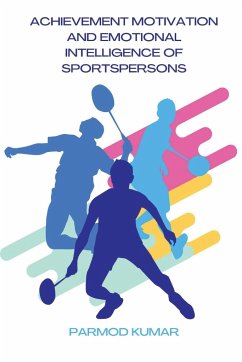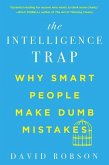Achievement motivation and emotional intelligence are two important factors that contribute to the success of sportspeople. Achievement motivation refers to the drive and desire to accomplish challenging goals and succeed in competitive situations. It involves setting and pursuing specific goals, and exhibiting persistence and resilience in the face of obstacles and setbacks. Emotional intelligence, on the other hand, refers to the ability to recognize and manage one's own emotions, as well as to understand and empathize with the emotions of others. This skill set is particularly important for athletes, who must navigate the intense emotions that come with both winning and losing, as well as interact effectively with coaches, teammates, and opponents. Sportspeople who possess high levels of achievement motivation and emotional intelligence are more likely to set and achieve challenging goals, perform at a consistently high level, and maintain positive relationships with those around them. They also tend to experience greater psychological well-being and are less likely to experience burnout or other negative outcomes associated with the intense pressures of competitive sports. Various factors can influence achievement motivation and emotional intelligence in sportspeople, including coaching style, team culture, feedback, and individual differences in personality and temperament. Understanding these factors and how they interact can help coaches, trainers, and sports psychologists support athletes in developing these essential skills and achieving their full potential. Games have an important part to play in present world. It is beneficial to a player, a group, and a country - certainly the whole planet. There are, for example, many countries participating in the Olympic Games than they are competing in United Nations deliberations". Sports tournaments present us heroes and heroines - ideal people that we can look up to, and Achievements that we can wonder at. For many youngsters, the sports superstars are better known than the known politicians of a nation. In the modem time, sports have assumed competitive character and as such call for better and still better performance, every sportsperson strives to shatter the previous records, which are broken more rapidly. Now-a-days, every form of sport requires a certain amount of fitness, skill level, physique, body composition etc. The competitive sports have gained tremendous importance in almost all countries of the world. Every country is trying to win more medals in international sports competition.








